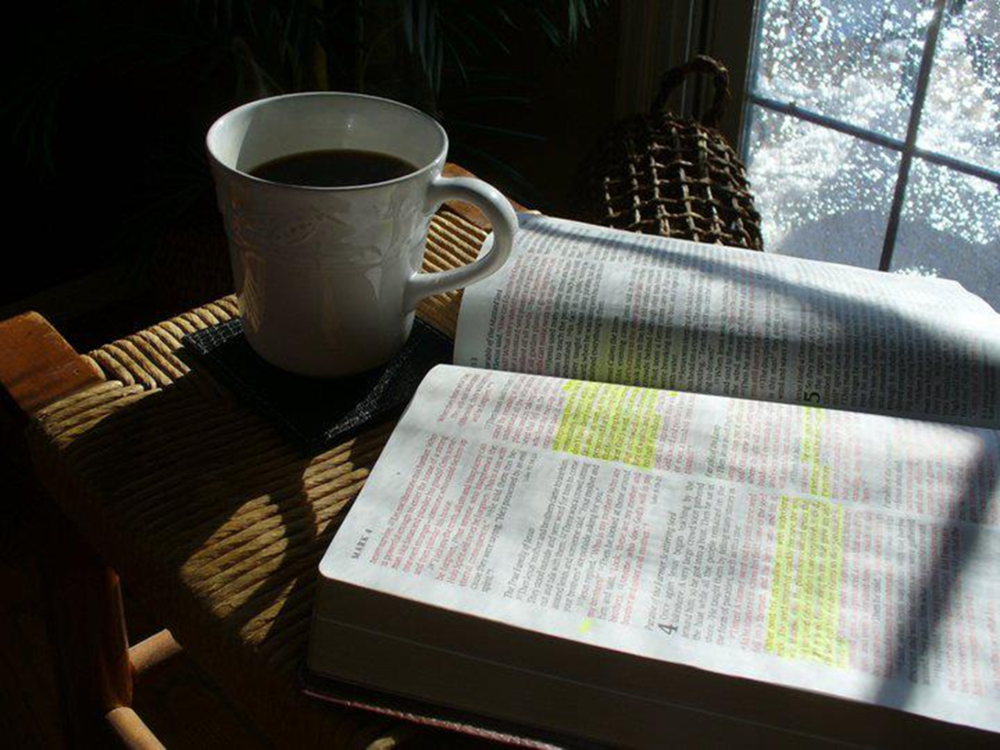How one “identifies” has become one of the prevailing dynamics of our current cultural moment. Whatever else may define our reality, identity has been promoted to the top of the list. But that, in and of itself, isn’t a bad thing. The issue isn’t that we live into our identity, but the issue is with what we will allow to define and create our identity. When it’s psychology or ideology or some other form of idol-ology, then the problem isn’t that we’re living into who we are, but that we have misunderstood and become confused about who we are.
What’s got me thinking along these lines this morning? Something Paul says about how we should “identify” and the implications of what it means to live into that identity.
Do not be unequally yoked with unbelievers. For what partnership has righteousness with lawlessness? Or what fellowship has light with darkness? What accord has Christ with Belial? Or what portion does a believer share with an unbeliever? What agreement has the temple of God with idols? For we are the temple of the living God; as God said, “I will make My dwelling among them and walk among them, and I will be their God, and they shall be My people.”
(2Corinthians 6:14-16 ESV)
Do not be unequally yoked with unbelievers . . . That’s a pretty familiar command-to-obey from my early days as a Christian. Primary application back then? Who I dated, who I married. A pretty good application for as far as it goes.
But given the context of Paul’s letter, given that Paul is vying for the affections and fidelity of those he has led to faith (6:11-13), I can’t help but think it is far from being the only application, nor is it the primary application. No, this unequal yoking reaches into all our relationships and affiliations, beyond just romantic relationships. The mismatched teaming that Paul warns against is much broader. Paul’s application involves “partnership”, “fellowship”, and “accord” with others. It’s about sharing a “portion” with and being in “agreement” about vital matters.
And, at its core, it comes down to identity.
Who were these Corinthians that Paul was contending for? They were “righteousness” in a lawless land. They were “light” in a dark domain. They were “believers” amongst unbelievers. They were “Christ” in a realm under the influence of Satan. “The temple of God” among a world of idolaters. Says God, they were to be “My people.”
That’s who those Corinthians were. That’s who I am. That’s how I should identify. That’s what I’m chewing on this morning.
Righteous not in my own righteousness but robed in His (Isa. 61:10). Light not because of any self-enlightenment, but because I’ve been called out of darkness into light (1Pet. 2:9). Christ, not because I have a Messiah complex, but because I have been crucified with Christ and it’s no longer I who live but Christ who lives in me (Gal. 2:20). A temple of the living God, not because of any merit of my own, but because of His Spirit who has taken up residence within me (1Cor. 6:19, Eph. 2:21-22). I am who I am because God is who God is and Jesus has done what Jesus has done. In fact, as I’ve been reminded over the past four Sunday mornings, I am who I am because I am not my own (1Cor. 6:19-20).
Identity, seems to me, is pretty important. Knowing who I am is not only going to direct how I behave but is also meant to define how I’m going to thrive. I am an image-bearer created by God. Redeemed by Christ that I would reflect that image. Being sanctified by the Spirit that I might be conformed to that image. That’s how I identify.
Only by God’s grace. Only for God’s glory.

